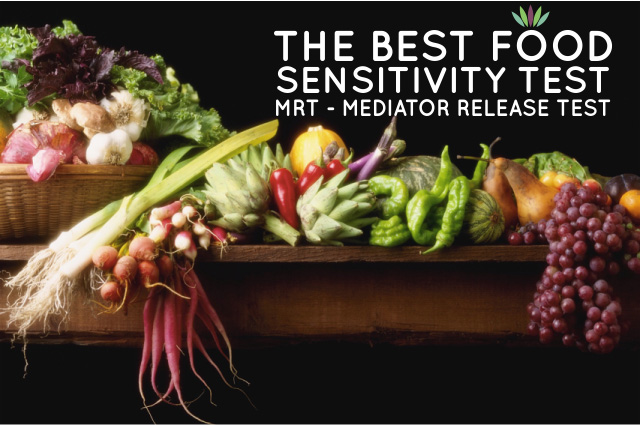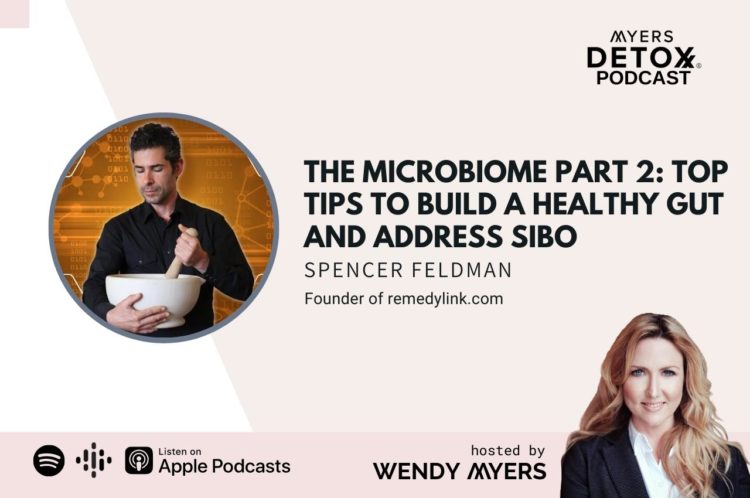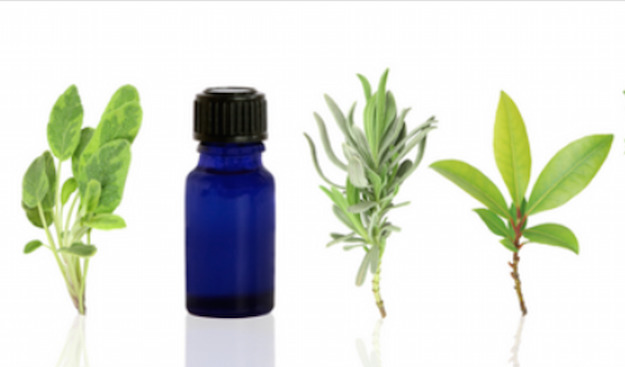The Good, Bad & Dark of Coffee

Coffee is uplifting and energizing. That cup of Joe for many is a morning ritual. There is research out that says coffee may be more of a mood enhancer than was once thought. According to research published in the Archives of Internal Medicine, regularly drinking coffee can help to prevent depression. Is it possible caffeine can change brain chemistry to equal Prozac and Zoloft.
In a study involving women, all nurses, coffee provided a way for many to reduce the chances of developing depression. The study spanned ten years, tracking the coffee drinking habits and mood of over 50,000 women. Those who drank a moderate amount of coffee — two to three cups a day — had a 15 percent drop in risk. Drinking three to four cups showed a 20 percent drop. The majority of study participants who did develop depression were the ones who drank very little coffee, a cup or two in a week.
This is not the first study to link coffee with mood enhancement. It does, however, make a powerful argument for the benefits of enjoying coffee, or even a cup of black tea or hot cocoa, which both contain some caffeine as well. Decaf coffee is not going to do the trick unless the placebo effect kicks in.
The dark side is that there is such a thing as too much. If drinking coffee makes you feel anxious or nervous or if you notice physical symptoms such as a rapid heartbeat, take a break or switch to a more subtle alternative such as green tea, white tea or mate. Too much caffeine can lead to trouble sleeping, which then creates mood problems.
Basically, if coffee works for you, then you have another reason to feel good about drinking it. If you don’t love coffee or espresso don’t drink it. Black tea, green tea and herbal teas are all loaded with health benefits as well.
Many studies have been done that show no overall adverse outcome on health associated with caffeine from coffee. However, there are certain aspects of coffee drinking that may be deleterious to health. Some examples would be autoimmune disorders and adrenal fatigue.
The Good
The Nurses’ Health Study and Health Professions Follow-up study done on 130,000 people tracked caffeine consumption for approximately 20 years and found that coffee does not increase mortality.
There was no relationship found between coffee consumption and increased risk of death from any cause including cancer or heart disease.
Studies around the world consistently show higher consumption of caffeinated or decaffeinated coffee is associated with low risk of type 2 diabetes, so scientists hypothesize there may be a long-term benefit from caffeine on diabetes.
Other preliminary research has shown that coffee may protect against Parkinson’s disease, liver cancer and liver cirrhosis, as well as a reduced risk of cardiovascular disease.
A study led by Harvard School of Public Health researchers published in the Sept. 26, 2011, issue of the Archives of Internal Medicine, found that, among women, drinking coffee may reduce the risk of depression. The study found the risk of depression to be 20 percent lower among women who drank four or more cups of caffeinated coffee than those who drank little or none. Those who drank decaf, tea, soft drinks, chocolate and other beverages containing less caffeine did not appear to be protected against depression.
Caffeine has been shown to increase alertness and test performance. An experiment was carried out to examine the effects of coffee on performance and alertness in the day and at night. The results showed that caffeinated coffee had a beneficial effect on alertness and improved performance on a variety of tasks in both day and night sessions. The effects were often very large. For example, at night, consumption of caffeinated coffee produced comparable alertness ratings to the day-time ratings given when juice was drunk. In contrast to the effects of caffeinated coffee, the difference between the decaffeinated coffee and juice were small and variable. Overall, these results clearly demonstrate the beneficial effects of consuming caffeinated coffee, and show that this effect is comparable in the day and night.
A number of studies have shown significant performance increases in various endurance disciplines, including running, following caffeine ingestion. In one study, elite runners improved their time in a treadmill run to exhaustion by 1.9 percent with caffeine. Caffeine boosted time to exhaustion in a cycling test by 15 minutes in another study. And in a study involving swimmers, caffeine was found to enhance performance in maximal-effort swims of up to 25 minutes’ duration.
The Bad
Coffee contains cafestol, which increases LDL cholesterol levels. Usually, this is resolved by using a paper filter. However, if you drink your coffee boiled and unfiltered, via French press, or Turkish style, you will ingest large levels of cafestol. Unfiltered coffee has been shown in some studies to increase LDL by 8 percent.
There may be a short-term negative effect on diabetes with coffee. In studies that give people caffeine or caffeinated coffee, followed by something rich in glucose, it was found that the subject’s sensitivity to insulin dropped and their blood-glucose levels were higher than expected.
The Myths
Is Caffeine Is Addictive?
This one has some truth to it, depending on what you mean by “addictive.” Caffeine is a stimulant to the central nervous system, and regular use of caffeine does cause mild physical dependence. But caffeine doesn’t threaten your physical, social, or economic health the way addictive drugs do. (Although after seeing your monthly spending at the coffee shop, you might disagree!)
If you stop taking caffeine abruptly, you may have symptoms for a day or more, especially if you consume two or more cups of coffee a day. Symptoms of withdrawal from caffeine include: headache, fatigue, irritability, difficulty with concentrating, poor mood and anxiety. No doubt, caffeine withdrawal can make for a few bad days. However, caffeine does not cause the severity of withdrawal or harmful drug-seeking behaviors as street drugs or alcohol. For this reason, most experts don’t consider caffeine dependence a serious addiction.
Does Coffee Cause Insomnia?
Your body quickly absorbs caffeine. But it also gets rid of it quickly. Processed mainly through the liver, caffeine has a relatively short half-life. This means it takes about five to seven hours, on average, to eliminate half of it from your body. In eight to 10 hours, 75% of the caffeine is gone. For most people, a cup of coffee or two in the morning won’t interfere with sleep at night. But make sure that cup or two is not before breakfast. This is where some people can run into trouble. Over stimulating the body in the morning before breakfast excessively raises cortisol. Cortisol is at its peak around 7-8am so doing anything else that can cause a stress response will keep cortisol higher than it normally is during the day.
Consuming caffeine too late in the day can interfere with sleep. If you’re like most people, your sleep won’t be affected if you don’t consume caffeine at least six hours before going to bed. Your sensitivity may depend on your metabolism and the amount of caffeine you regularly consume. People who are sensitive may not only experience insomnia but also nervousness and gastrointestinal upset.
Coffee prepared with a small amount of cream and natural sugar may be healthy. However, most coffee drinks contain large amounts of processed sugar, syrups, and whipped cream, which can increase blood sugars and cholesterol levels. Further, many coffee drinks have upwards of 500 calories — 25 percent of the total calories that are needed for a 2,000-calorie-per-day diet. Therefore, this could be a hidden source of calories that can lead to weight gain.
Coffee drinking as a lifestyle behavior appears to be linked to other negative lifestyle behaviors, such as exercising less, a less healthy diet and increased smoking. Thus, whereas coffee may be neutral on the health, other associated behaviors may cause adverse health outcomes.
Coffee is the leading worldwide beverage after water and its trade exceeds US $10 billion worldwide. Controversies regarding its benefits and risks still exist as reliable evidence is becoming available supporting its health-promoting potential; however, some researchers have argued about the association of coffee consumption with cardiovascular complications and cancer insurgence. The health-promoting properties of coffee are often attributed to its rich phytochemistry, including caffeine, chlorogenic acid, caffeic acid, hydroxyhydroquinone (HHQ), etc. Many research investigations, epidemiological studies, and meta-analyses regarding coffee consumption revealed its inverse correlation with that of diabetes mellitus, various cancer lines, Parkinson’s, and Alzheimer’s disease. It can reduce oxidative stress because of its ability to induce mRNA and protein expression, and mediates Nrf2-ARE pathway stimulation.
Caffeine and its metabolites can help in proper cognitive functionality. Coffee lipid fraction containing cafestol and kahweol act as a safeguard against some malignant cells by modulating the detoxifying enzymes. But higher levels can raise serum cholesterol, posing a possible threat to coronary health, for example, myocardial and cerebral infarction, insomnia, and cardiovascular complications. Caffeine also affects adenosine receptors and its withdrawal is accompanied with muscle and or adrenal fatigue.
An array of evidence showed that pregnant women or those with postmenopausal problems should avoid excessive consumption of coffee because of its interference with oral contraceptives or postmenopausal hormones.
Dehydration
It has been said that caffeine causes dehydration. Most studies, though, show you can have up to 550 milligrams of caffeine (or about five cups of coffee) without affecting hydration levels. That means you can have quite a few caffeinated sports drinks and gels while running without risking dehydration; more than 550 milligrams will have a diuretic effect.
Osteoporosis and Caffeine
At high levels (744 milligrams/day and above), caffeine may increase calcium and magnesium loss in urine. But most studies suggest it does not increase your risk for bone loss, especially if you get enough magnesium and calcium. However, research does show some links between caffeine and hip fracture risk in older adults. Older adults may be more sensitive to the effects of caffeine on calcium metabolism.
Cardiovascular Disease and Caffeine
A slight, temporary rise in heart rate and blood pressure is common in those who are sensitive to caffeine. But several large studies do not link caffeine to higher cholesterol, irregular heartbeats, or an increased risk of cardiovascular disease. If you already have high blood pressure or heart problems, though, have a discussion with your doctor about your caffeine intake. You may be more sensitive to its effects. Also, more research is needed to tell whether caffeine increases the risk for stroke in people with high blood pressure.
Cancer and Caffeine
Reviews of studies involving 20,000 people revealed no relationship between cancer and caffeine. It has shown just the opposite, that caffeine may even have a protective effect against certain cancers.
Limited evidence suggests caffeine may reduce the risk of the following: Parkinson’s disease, liver disease, colorectal cancer, type 2 diabetes and dementia. Despite its potential benefits, don’t forget that high levels of caffeine may have adverse effects. More studies are needed to confirm both its benefits and potential risks.
That is why there is a good, bad and a dark side of coffee.
Click Here for References+
1. Neuropsychobiology 1993;27:217–223 (DOI:10.1159/000118984) http://www.karger.com/Article/Abstract/118984
2. Critical Reviews in Food Science and Nutrition Vol. 51, #4, 2011. http://digitalarchive.gsu.edu/cgi/viewcontent.cgi?article=1271









